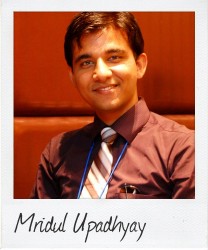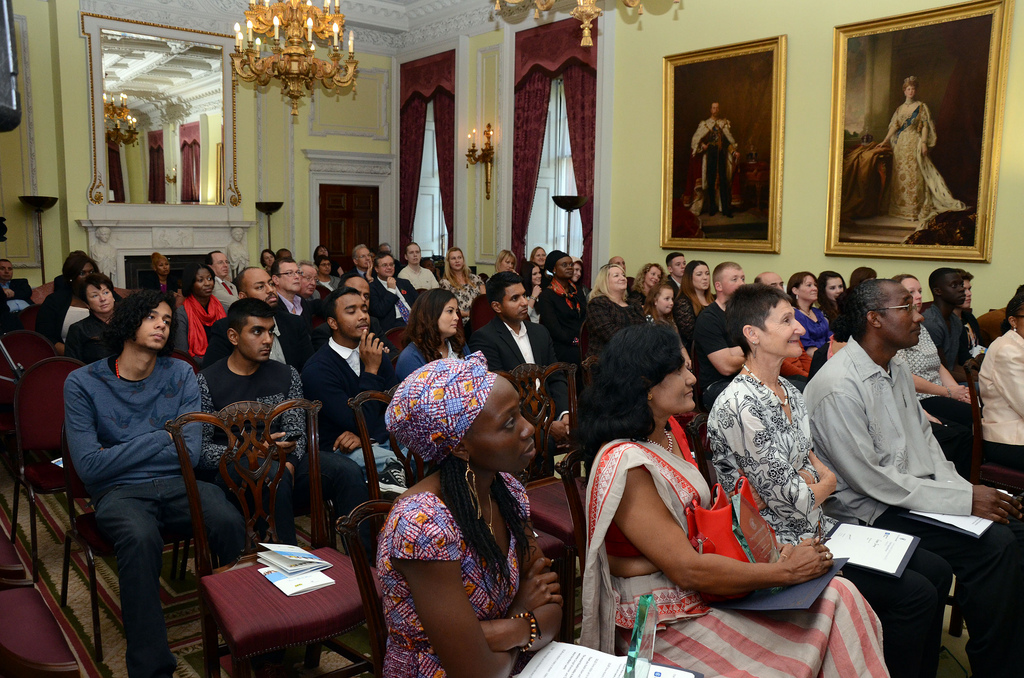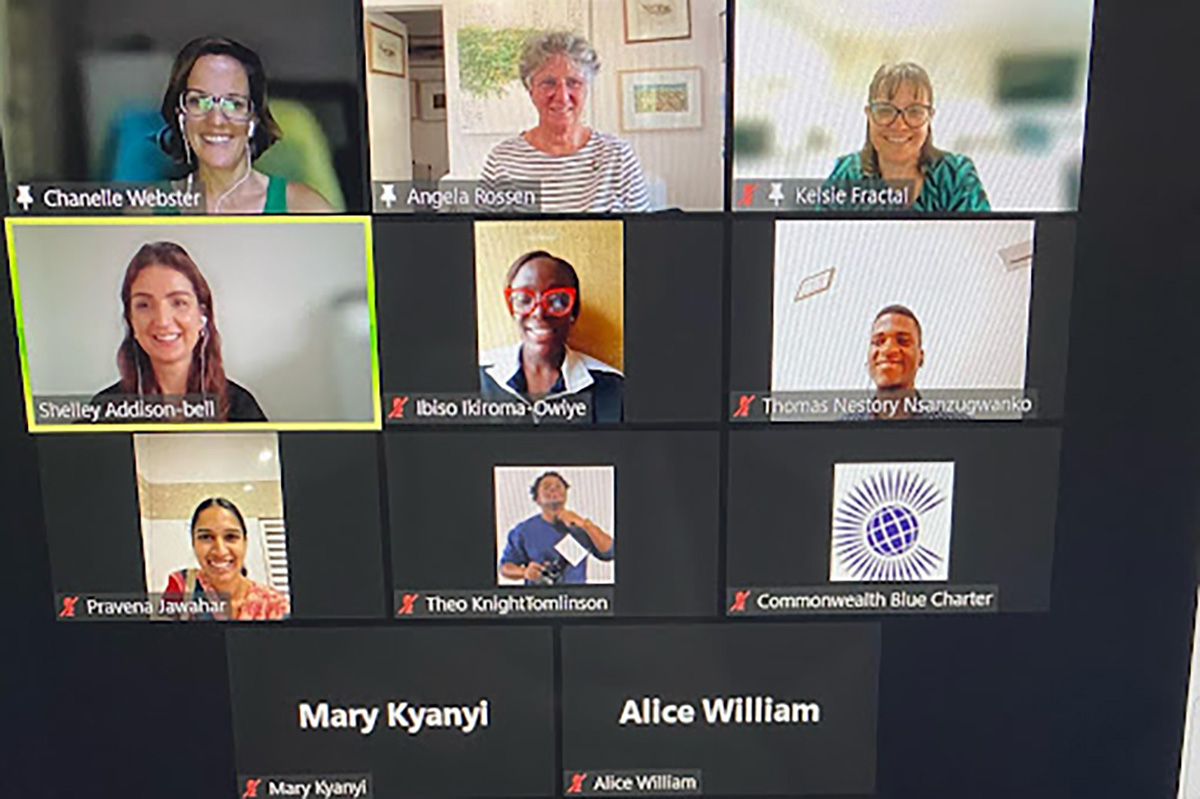“Youth adding global value….#Whatnext?”
November 14th, 2015 Young people play an integral role in advancing development, democracy and peace. At the 10th Commonwealth Youth Forum in Malta, 21-25 November, over 400 youth leaders will discuss the challenges and opportunities facing young people, and devise policy through four main agendas – economic, environmental, social and political. The theme of the Forum is ‘Adding Global Value… #Whatnext?’ Mridul Upadhyay, 24, a Commonwealth Correspondent from New Delhi, looks at what that means to youth in the Commonwealth.
Young people play an integral role in advancing development, democracy and peace. At the 10th Commonwealth Youth Forum in Malta, 21-25 November, over 400 youth leaders will discuss the challenges and opportunities facing young people, and devise policy through four main agendas – economic, environmental, social and political. The theme of the Forum is ‘Adding Global Value… #Whatnext?’ Mridul Upadhyay, 24, a Commonwealth Correspondent from New Delhi, looks at what that means to youth in the Commonwealth.
‘Do you know about the Commonwealth?’
‘Oh, yes. Commonwealth Games?’
‘Yes, but is it the only thing you can relate to the Commonwealth?’
Such questions need answers. That’s why government heads will be discussing ‘Adding Global Values: What Next?’ at the Commonwealth Heads of Government Meeting 2015 in Malta. The Commonwealth wants to add value at the global level by enhancing association among its 53 member countries in order to make a positive difference to the lives of people.
The political leaders of member states will explore ways to give real meaning to the Commonwealth Charter of ‘core values and principles’, which is the foundation of the bond among its diverse member countries. It will be done by utilising the strength of internationally proactive member states to develop resilient and universally acceptable solutions to global problems. Also, member countries will be strengthened by improving democracies, supporting small states, protecting climate, preserving human rights, achieving peace, creating economic opportunities, improving public administration and empowering youth in inclusive ways across the world.
The Commonwealth has chosen to set a tougher objective for itself; it is determined to use the Commonwealth’s strengths to positively influence important global issues and provide leadership in areas that have been missed by other global institutions.
There can be many such issues, from law enforcement and sustainable development to refugee issues and human rights. CHOGM alone cannot solve the immense crises, but the Commonwealth has the opportunity to ask its member countries for fresh ideas and then to implement those recommendations.
The Commonwealth has a wide geographical extent and credible representation in global institutions like the United Nations, European Union, G20, Africa Union, South Asian Association for Regional Cooperation (SAARC), Association of South East Asian Nations (ASEAN) and Caribbean Associations through its member countries, giving it potential to add value globally. CHOGM will address its member countries to realise this potential of representing one third of the world’s population and unifying their effort to have a larger positive impact on global issues and a dynamic approach to achieve the shared goals.
But challenging world problems is an ambitious and tough objective. Some nations might not accept the collective solutions framework, because in some cases joint action demands a more equitable sharing of the burden.
The Commonwealth realizes that youth are an underutilised asset and is therefore advocating for youth to have access to governance structures and proper involvement in the development process. Other than its positive education programmes across the world, the Commonwealth involves youth of the Commonwealth and makes them a powerful ally in social development through various platforms and growing opportunities such as the Commonwealth Youth Development Fund (CYDF), Commonwealth Youth Council (CYC), Commonwealth Students Association (CSA), Commonwealth Youth Climate Change Network (CYCCN), and Commonwealth Youth Sport for Development and Peace Network (CYSDP). Going beyond words and campaigns, youth recommendations have been applauded and implemented across the globe.
Though not highlighted enough, the Commonwealth has strongly influenced global matters in the past. The people’s perspective will judge the incidents. The Commonwealth’s criticism of Sri Lanka for violating human rights during its civil war, followed by supporting Sri Lanka for hosting CHOGM 2013 was considered as a weak step. But at that time Sri Lanka’s growth was hampered by world rejection, yet to come out of the destruction and economic weakness left by the civil war, Sri Lanka needed to convert its negative threats to opportunities. The Commonwealth gave this chance to Sri Lanka. By hosting CHOGM 2013, Sri Lanka could showcase its potential to world youth, civil society and the business community.
Such situations are examples of substantive strategies by the Commonwealth to create a demonstrable difference. The Commonwealth wants to support every small state to grow and have sustainable development like the world-leading economies of Singapore or Malaysia. CHOGM will give voice to Commonwealth civil society, youth, women and business through separate forums, and will enable them to make recommendations on what and how the Commonwealth can achieve together.
The Commonwealth deserves to be known for more than its games or as a colonial relic. It can maintain its relevance by being an organisation of common values and by making global impact more effective and more relevant.
Reach me on Twitter @Mridul_upadhyay
photo credit: Youth Worker Awards 2013 via photopin (license)
…………………………………………………………………………………………………
About me:
A thinker, a social volunteer, a mechanical designer, a theater artist, a guitar player, a lyrics-writer, an amateur sketch artist, a cook, a traveler, a wannabe civil servant – there are many phrases I enjoy trying on me to describe what I see myself as.
…………………………………………………………………………………………………
Opinions expressed in this article are those of the author and do not necessarily represent the views of the Commonwealth Youth Programme. Articles are published in a spirit of dialogue, respect and understanding. If you disagree, why not submit a response?
To learn more about becoming a Commonwealth Correspondent please visit: http://www.yourcommonwealth.org/submit-articles/
…………………………………………………………………………………………………




